Speaker Biographies
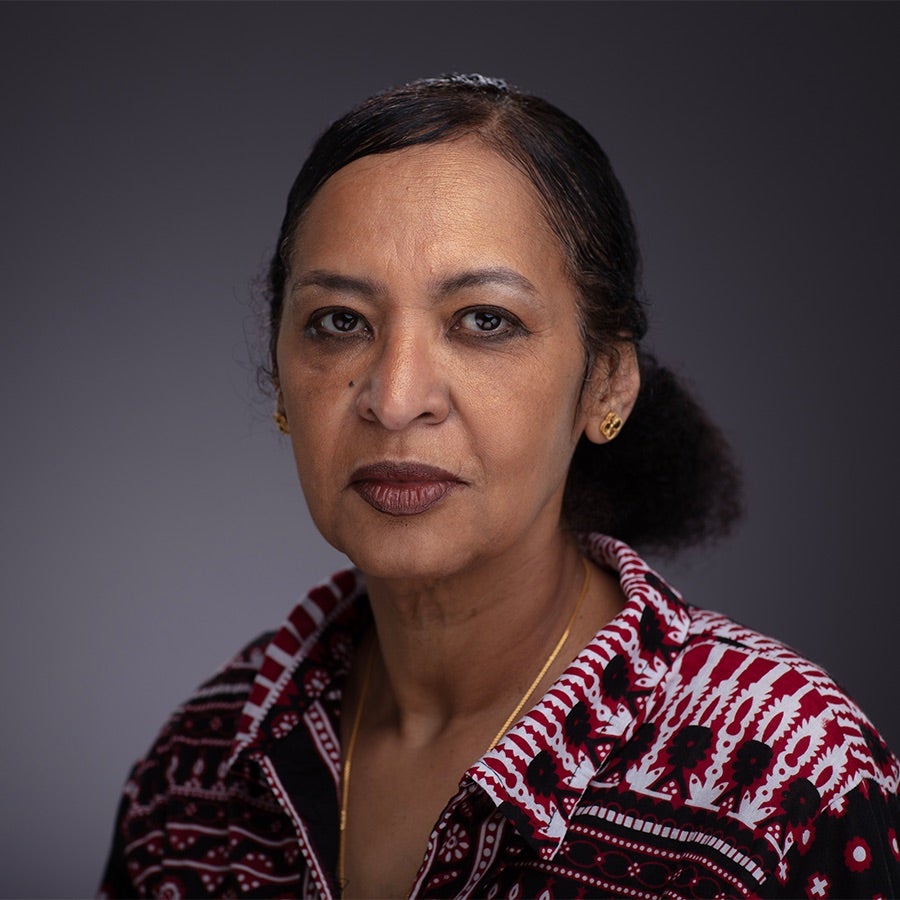
Rogaia Mustafa Abusharaf is Professor of Anthropology at Georgetown University in Qatar. Her areas of expertise include human rights, gender and sexuality, the intersectionality of race and gender, migration and diasporic studies, African migrations, and humanistic and political anthropology, with a geographic focus on her native Sudan, the Gulf, Zanzibar, and the Indian Ocean. Professor Abusharaf is the author of several books, the most recent one being Darfur Allegory (University of Chicago Press, 2021). Professor Abusharaf received postdoctoral and senior fellowships at Durham University, Brown University, Harvard University, and Dartmouth College. Her work has been featured on NPR, Voice of America, Ontario Public TV, the Africa and the World documentary film series, the Hartford Courant and Al Jazeera.
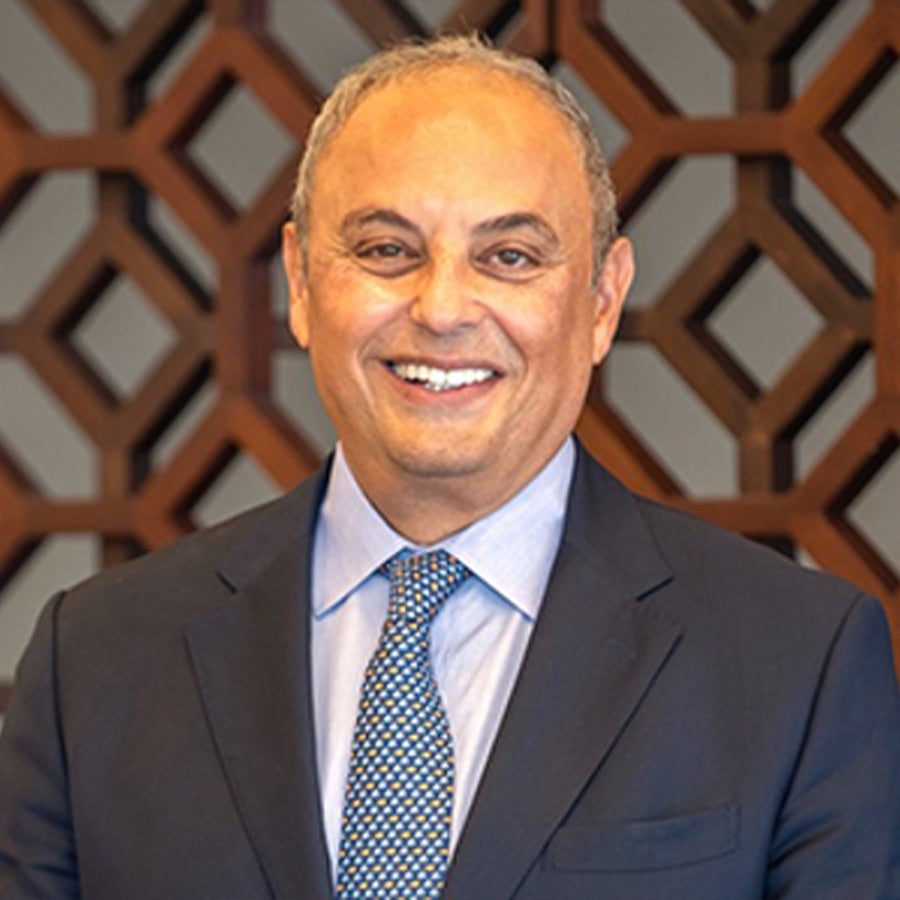
Safwan Masri is the Dean of Georgetown University in Qatar and a Distinguished Professor of the Practice at Georgetown’s Walsh School of Foreign Service. Before joining Georgetown in October 2022, he served as Executive Vice President for Global Centers and Global Development at Columbia University and was a Senior Research Scholar at Columbia’s School of International and Public Affairs. Prior to that, he held the position of Vice Dean and Professor at Columbia Business School, and previously taught engineering at Stanford University. He was also a visiting professor at INSEAD (Institut Européen d’Administration des Affaires). Dean Masri is the author of Tunisia: An Arab Anomaly (Columbia University Press, 2017). He is a lifetime member of the Council on Foreign Relations and an honorary fellow of the Foreign Policy Association. He is the founding chairman of King’s Academy and Queen Rania Teacher Academy in Jordan. Currently, he serves as a trustee of International College in Beirut and is a director of AMIDEAST and Endeavor Jordan.
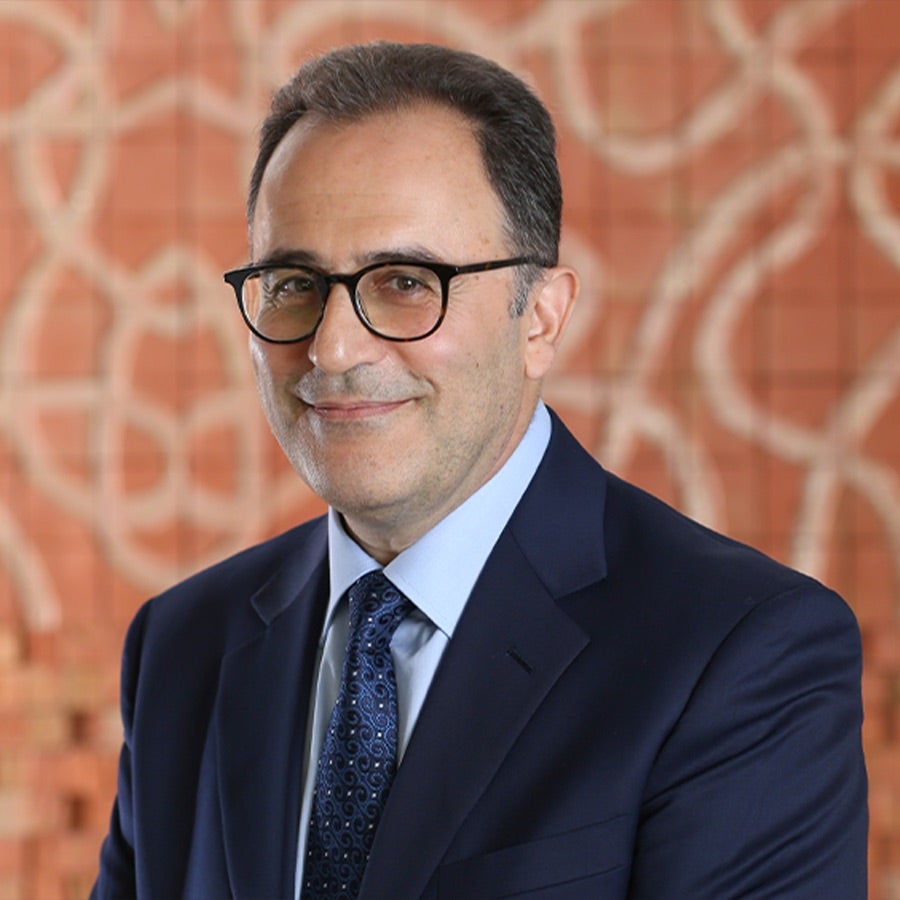
Ahmad Dallal is known for his research in the history of the disciplines of learning in Muslim societies, including the history of the exact sciences, and early modern and modern Islamic thought and movements. He is the author of three books—in addition to an edited volume and a forthcoming book in Spring 2018—over 40 articles, and numerous essays, papers, and presentations—many of which focus on the history of science, Islamic revivalist thought, and Islamic law. Dr. Dallal is the recipient of many awards, including the Kuwait Prize from the Kuwait Foundation for the Advancement of Sciences, and the Yale University Dwight Terry Lectureship for his work on science and religion in Islam; he was named a Carnegie Scholar for this work, and received a Fellowship on Traditions of Reform in Eighteenth-Century Islamic Thought from the National Endowment for the Humanities. A prolific scholar, Dallal has written dozens of articles, book chapters, and publications, as well as several books including Islam Without Europe: Traditions of Reform in Eighteenth-Century Islamic Thought (University of North Carolina Press, 2018). Prior to his service at Georgetown from 2003-2009, Dr. Dallal taught at Stanford University, Yale University, and Smith College. He holds an M.A., an M.Phil., and a Ph.D. in Islamic Studies from the Department of Middle East Languages and Cultures at Columbia University, as well as a B.E. from the American University of Beirut in Mechanical Engineering.

Gerd Nonneman is Professor of International Relations & Gulf Studies at Georgetown University’s School of Foreign Service in Qatar (GU-Q), where he served as Dean from 2011 to 2016. He holds a Ph.D. in Politics from the University of Exeter, and Licentiates in Oriental Philology (Arabic) and Development Studies from the University of Ghent, Belgium. Prior to his appointment at Georgetown, he served as Professor of International Relations & Middle East Politics, and Al-Qasimi Professor of Gulf Studies, at the University of Exeter, where he also directed the Institute of Arab & Islamic Studies and the Centre for Gulf Studies. A former Executive Director of BRISMES (British Society for Middle Eastern Studies), he is the Editor of the Journal of Arabian Studies. He has published widely (in some 12 books and 50 articles and book chapters) on the politics and international relations of the Middle East, on Muslim communities in Europe and on comparative political and economic liberalization. Aside from his academic work, he has worked in the private sector in the Gulf region and acted as a consultant to a range of companies, NGOs, governments, and international institutions.
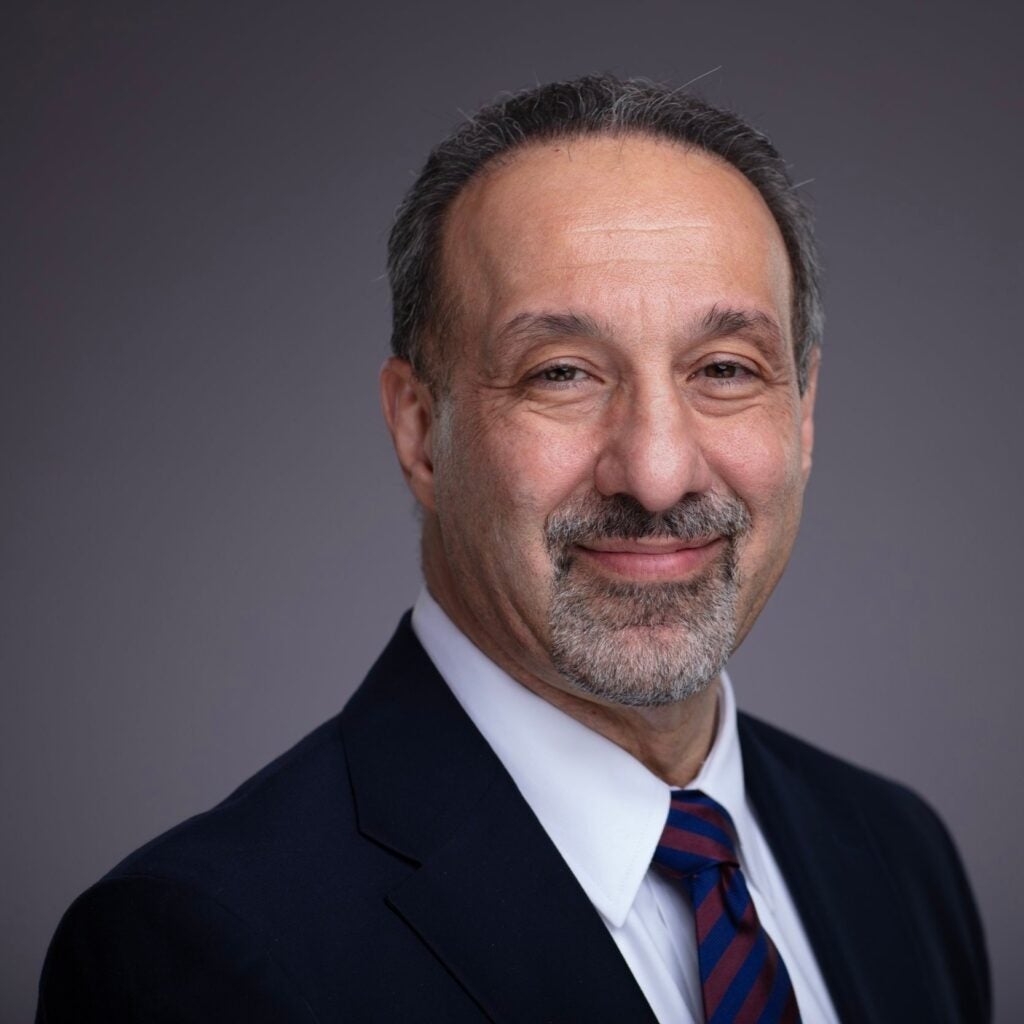
Mehran Kamrava is a professor of government at Georgetown University Qatar, where he teaches comparative politics, political development, and Middle Eastern politics. He holds a Ph.D. from the University of Cambridge. He is the author of a number of journal articles and books, including, most recently, Righteous Politics: Power and Resilience in Iran (Cambridge University Press, 2023); A Dynastic History of Iran: From the Qajars to the Pahlavis (Cambridge University Press, 2022); Triumph and Despair: In Search of Iran’s Islamic Republic (Oxford University Press, 2022); and A Concise History of Revolution (Cambridge University Press, 2020). Dr. Kamrava is the Series Editor for the “Contemporary Issues in the Middle East” series of Syracuse University Press, and the “Iran and the World” series at Hurst Publishers and Oxford University Press.

Clyde Wilcox is a professor of Government at Georgetown University, where he has taught for nearly 35 years. Since 2014 he has spent all or part of each academic year at the Doha campus, including service as Interim Dean between 2021 and 2022. Previously he was a statistician at the Federal Election Commission and taught at Union College. Wilcox writes on a variety of topics primarily in American and comparative politics, including religion and politics, gender politics, interest groups and social movements, money in politics, public opinion, electoral behavior, the politics of social issues such as abortion and LGBT rights, and science fiction and politics. He has written or edited more than 30 books and hundreds of book chapters and journal articles. He has lectured in a number of countries and spoken to international visitors in State Department programs from more than 185 countries. He has consulted with presidential campaigns, with trade associations, and with citizen groups. He has trained diplomats in the US and in other countries. He is the author or coauthor of God’s Warriors: The Christian Right in 20th Century America, Between Two Absolutes: Public Opinion and the Politics of Abortion, Serious Money: Fundraising and Contributing in Presidential Nomination Campaigns, and Interest Groups in American Campaigns: The New Face of Electioneering. He is editor or coeditor of Understanding Public Opinion, The Changing Politics of Gun Control, The Politics of Gay Rights, Religion and Politics in Comparative Perspective: The One, the Few, and the Many, and Political Science Fiction. He earned an MA and PhD from the Ohio State University, and a BA from West Virginia University.
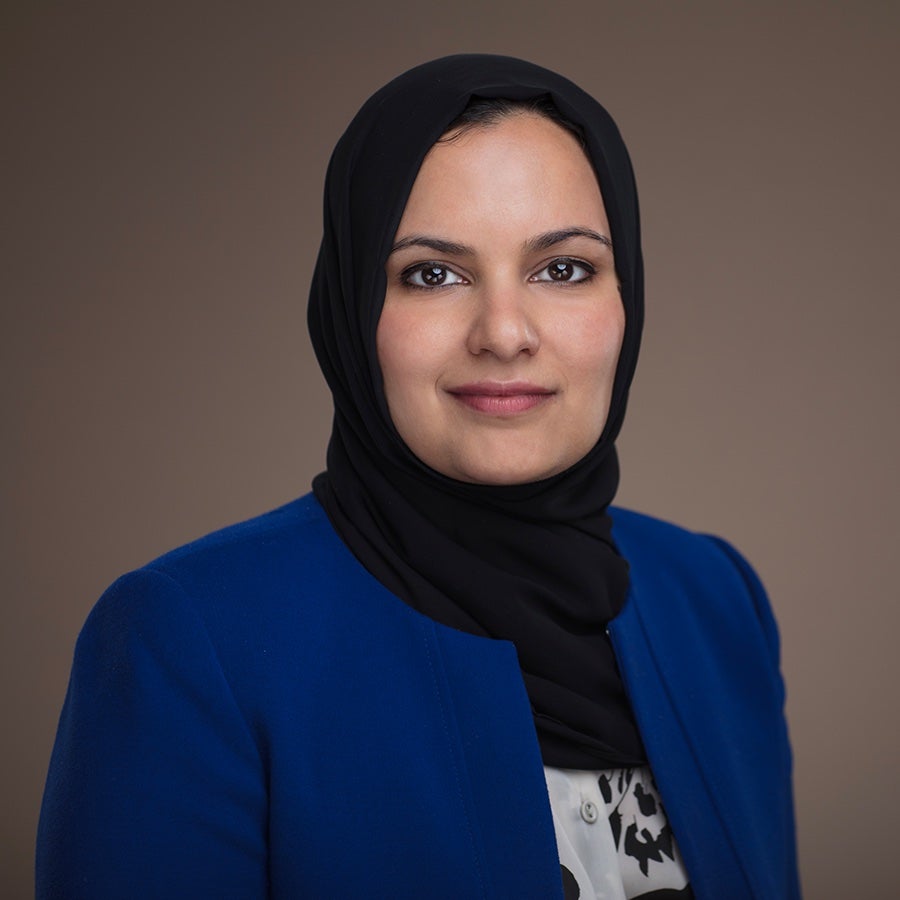
Sohaira Siddiqui is Associate Professor of Theology at Georgetown University in Qatar. She is also inaugural Executive Director of Qatar Foundation’s Al Mujadilah: Center & Mosque for Women. Her work focuses on the relationship between law, theology and political thought in classical Islam; Islamic law during British colonization; Islamic law in contemporary Muslim societies; and secularism and modernity in relation to Muslims in the West. She received her doctorate in Religious Studies from the University of California, Santa Barbara in 2014. Most recently, she is the author of Law and Politics Under the ‘Abbasids: An Intellectual Portrait of al-Juwayni (Cambridge University Press, 2019) and Locating the Shari’a: Legal Fluidity in Theory, History and Practice (Brill, 2019). She has also published numerous articles in Islamic Law and Society, Journal of Islamic Studies, Journal of the American Oriental Society, and Middle East Law and Governance. She serves as one of the series editors for Mohr Siebeck’s Sapientia Islamica: Studies in Islamic Theology, Philosophy and Mysticism, and as an Editor for Harvard Law School’s SHARIAsource. She is Chair of the Board of Trustees of Cambridge Muslim College.
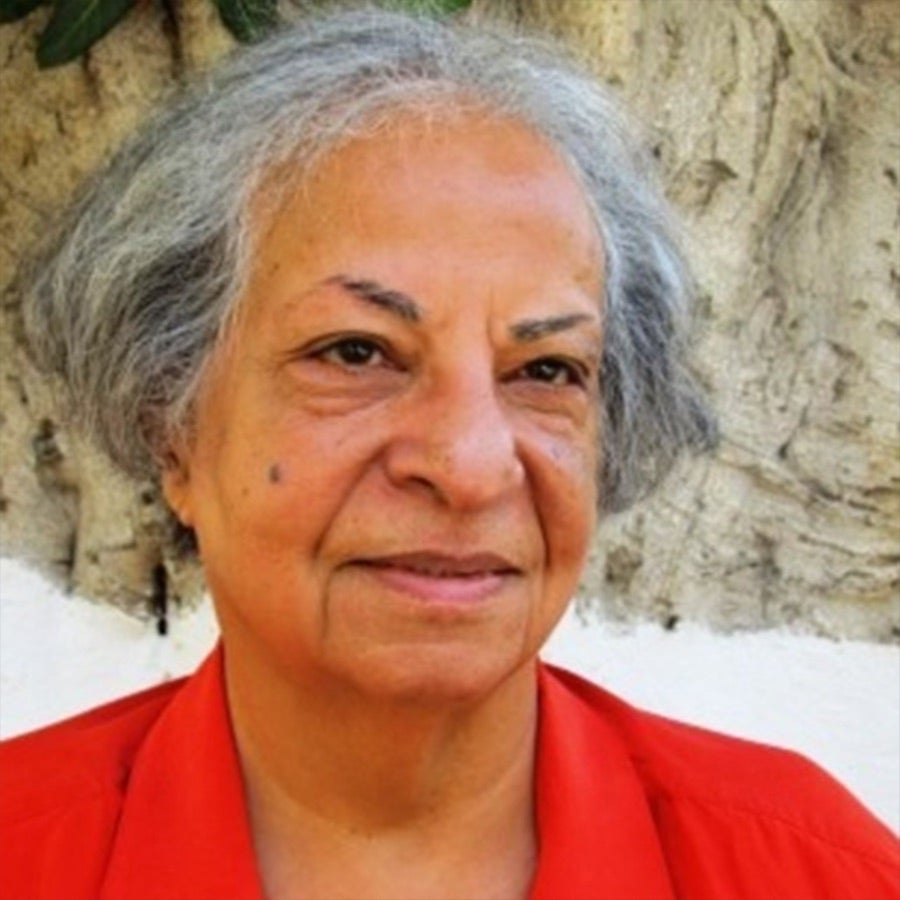
Nelly Hanna is distinguished university professor in the Department of Arab and Islamic Civilizations at the American University in Cairo. She earned her doctorate d’Etat at the University of Aix en Provence in France. She has been teaching full-time at AUC since 1991. She has also contributed as a professor and guest lecturer at the Ecole des Hautes Etudes en Sciences Sociales, Harvard University, and at Waseda University, Tokyo. She is the author of a number of books including Society and Economy in Egypt and the Eastern Mediterranean 1600–1900 (AUC Press, 2005) and Artisan Entrepreneurs in Cairo and Early Modern Capitalism 1600–1800 (AUC Press, 2011). Hanna’s interests are focused on the Ottoman history of the Arab world (1500-1800) with a special focus on the economic, social and cultural aspects of this period.
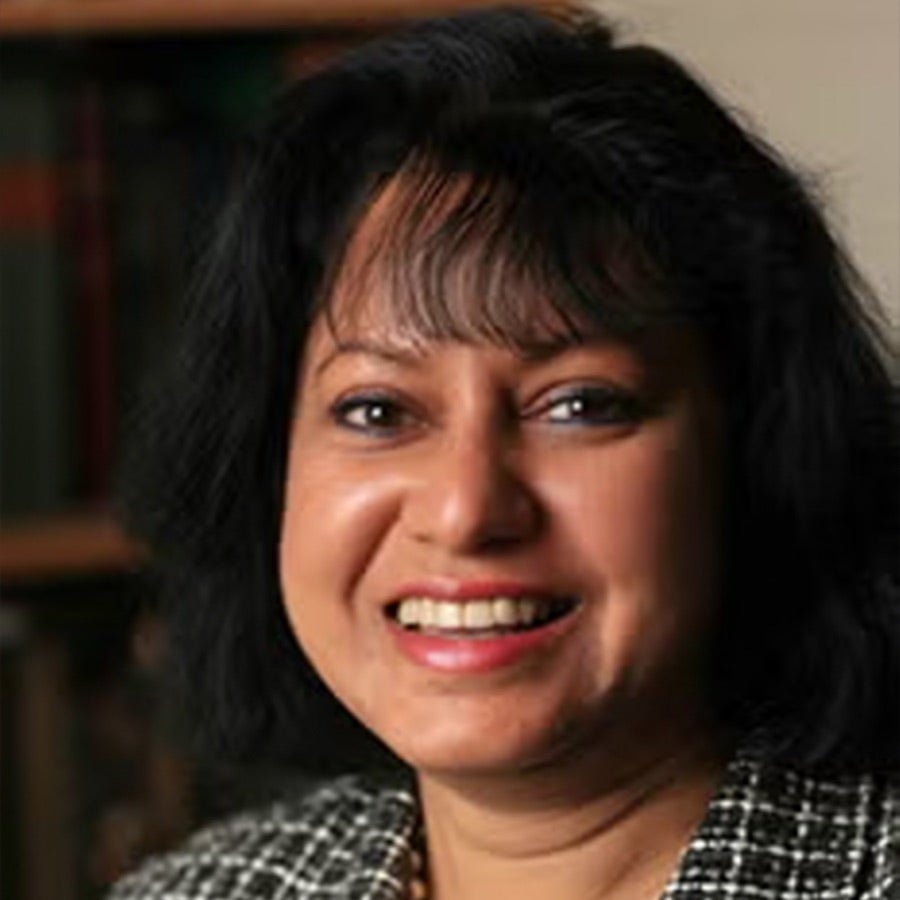
Asma Afsaruddin is Professor of Middle Eastern Languages and Cultures in the Hamilton Lugar School of Global and International Studies at Indiana University, Bloomington. She received her PhD in Arabic and Islamic Studies from Johns Hopkins University and previously taught at Harvard and Notre Dame universities. She is the author and editor of eight books, including Jihad: What Everyone Needs to Know (Oxford University Press, 2022); Contemporary Issues in Islam (Edinburgh University Press, 2015); Striving in the Path of God: Jihad and Martyrdom in Islamic Thought (Oxford University Press, 2013), which won the World Book Award in Islamic Studies from the Iranian government (2015). Her research interests include Islamic religious and political thought (both modern and pre-modern); Islamic intellectual history; Qur’an and hadith; and gender in Islam.
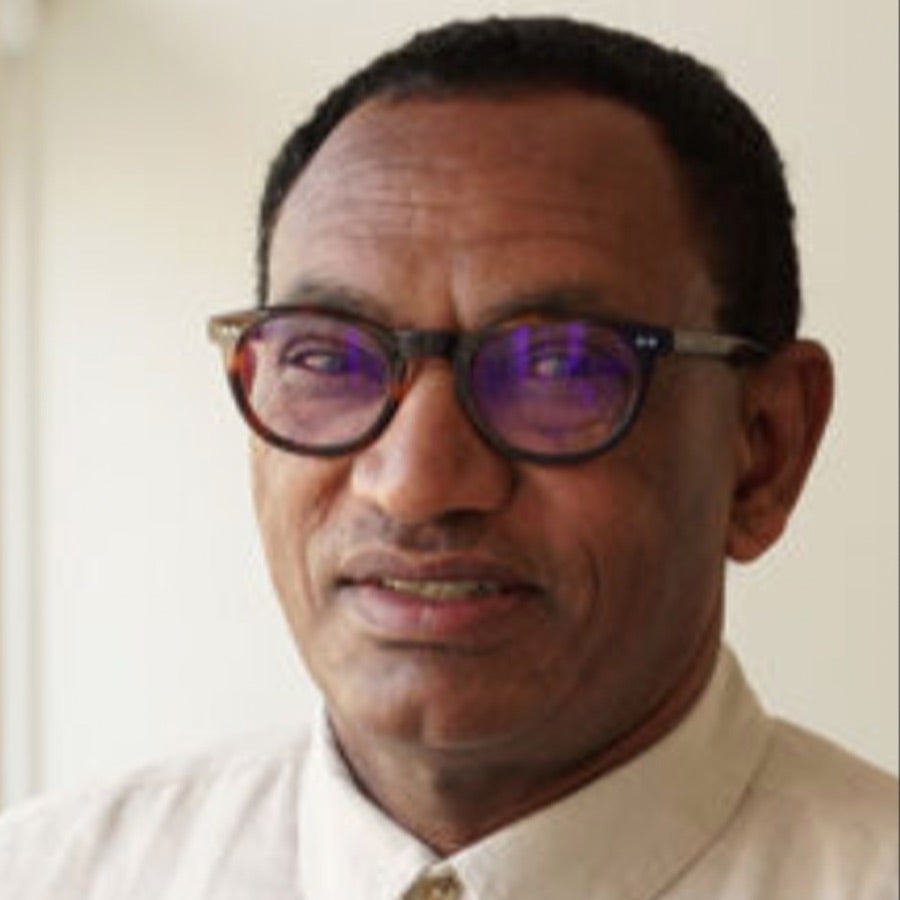
Ahmad Sikainga is a Professor of African History at the Ohio State University. He earned his bachelor’s degree from Khartoum University in Sudan and holds a Ph.D. from the University of California, Santa Barbara. His publications include Sudan Defense Force: Western Bahr al-Ghazal under British Rule, 1898-1956 (1991), Slaves into Workers: Emancipation and Labor in Colonial Sudan (1996), City of Steel and Fire: A Social History of Atbara, Sudan’s Railway Town, 1906-1984 (2002). He also co-edited Africa and World War II (Cambridge, 2015), Post-conflict Reconstruction in Africa (2006), and Civil War in the Sudan, 1983-1989 (1993). His academic interests embrace the study of Africa, the African Diaspora, and the Middle East with a focus on slavery, labor, urban history, and popular culture. The geographical focus of Sikainga’s research is the Sudan, the Nile Valley, North Africa, and the Persian Gulf. Prior to joining Ohio State, he held teaching positions at the City University of New York, North Carolina Agricultural and Technical State University, Ahmadu Bello University in Nigeria, and Qatar University.
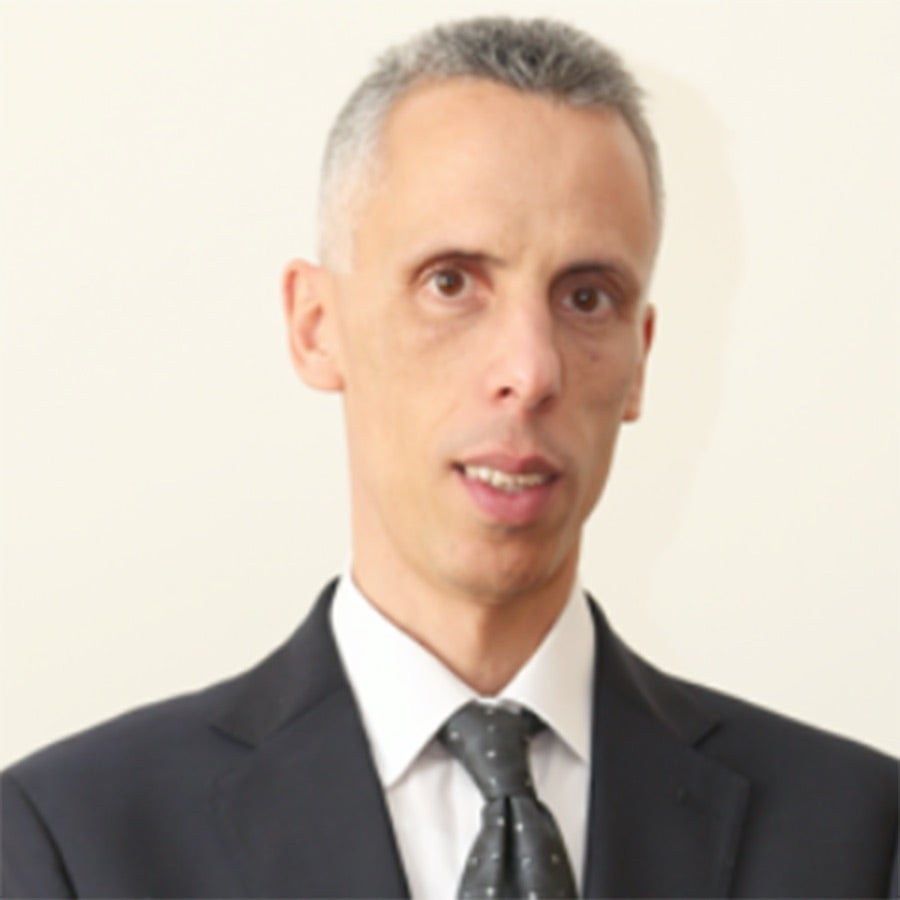
Mohamed Zayani is a professor of critical theory at Georgetown University Qatar. His works include The Digital Double Bind (Oxford University Press, 2024; with Joe F. Khalil); A Fledgling Democracy (Oxford University Press, 2022); Digital Middle East (Oxford University Press, 2018); Bullets and Bulletins (Oxford University Press, 2016; with S. Mirgani); Networked Publics and Digital Contention (Oxford University Press, 2015); The Culture of Al Jazeera (McFarland, 2007; with S. Sahraoui); and The Al Jazeera Phenomenon (Pluto Press, 2005). His book Networked Publics and Digital Contention (Oxford Studies in Digital Politics Series) is the winner of ”The International Communication Best Book Award” from the International Studies Association (ISA); ”The Communication, Information Technologies and Media Sociology Best Book Award,” from the American Sociological Association (ASA); ”The Global Communication and Social Change Best Book Award,” from the International Communication Association (ICA); ”The Sue DeWine Distinguished Award for a Scholarly Book,” from the US National Communication Association (NCA); and ”The Toyin Falola Best Book Award,” from the Association of Global South Studies (AGSS).
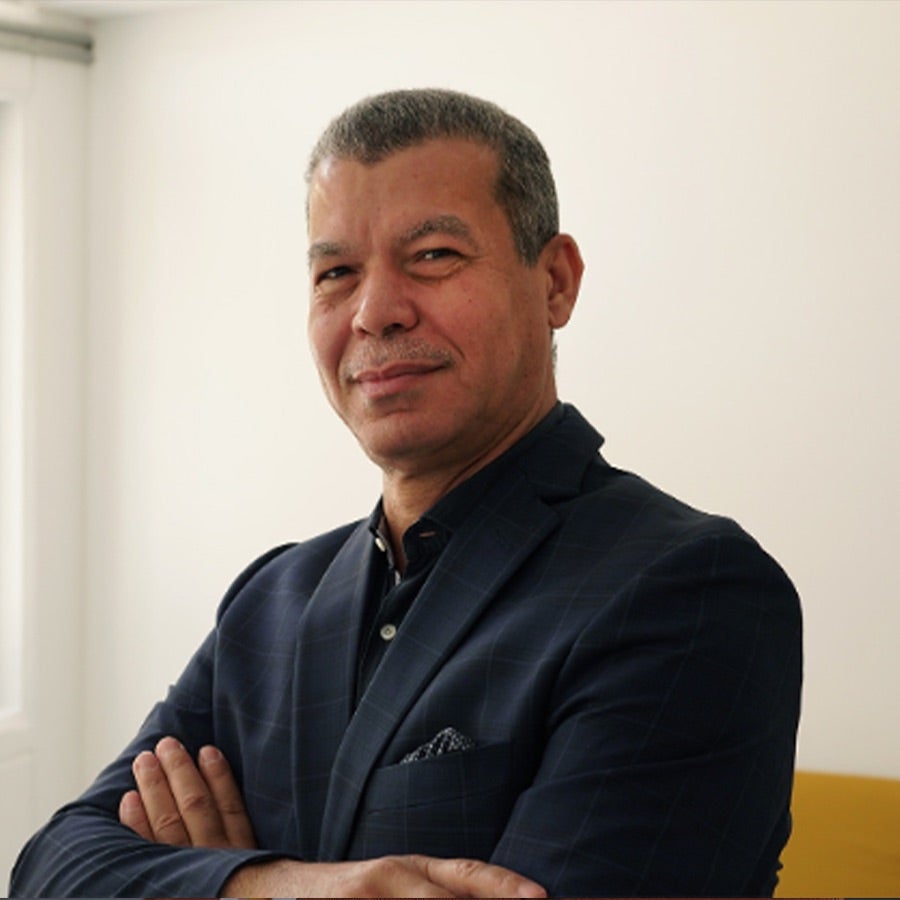
Ramadan Elkhouly is a senior researcher and archivist at The Africa Institute. Dr. Elkhouly’s paper, “Sources of Knowledge: Scholarly Research in Sciences and Humanities,” stresses the need to contextualize the historical circumstances surrounding the creation of documentary sources and advocates for a comprehensive approach to validate their credibility by comparing them with other sources. He has delivered several talks, including “Sources of Knowledge: Scholarly Research in Sciences and Humanities” at the Sharjah International Book Fair 2023 where he explored the intricate interplay between historical archives, societal dynamics, and technological advancements, and provided a thought-provoking perspective on the sources of knowledge in sciences and humanities.
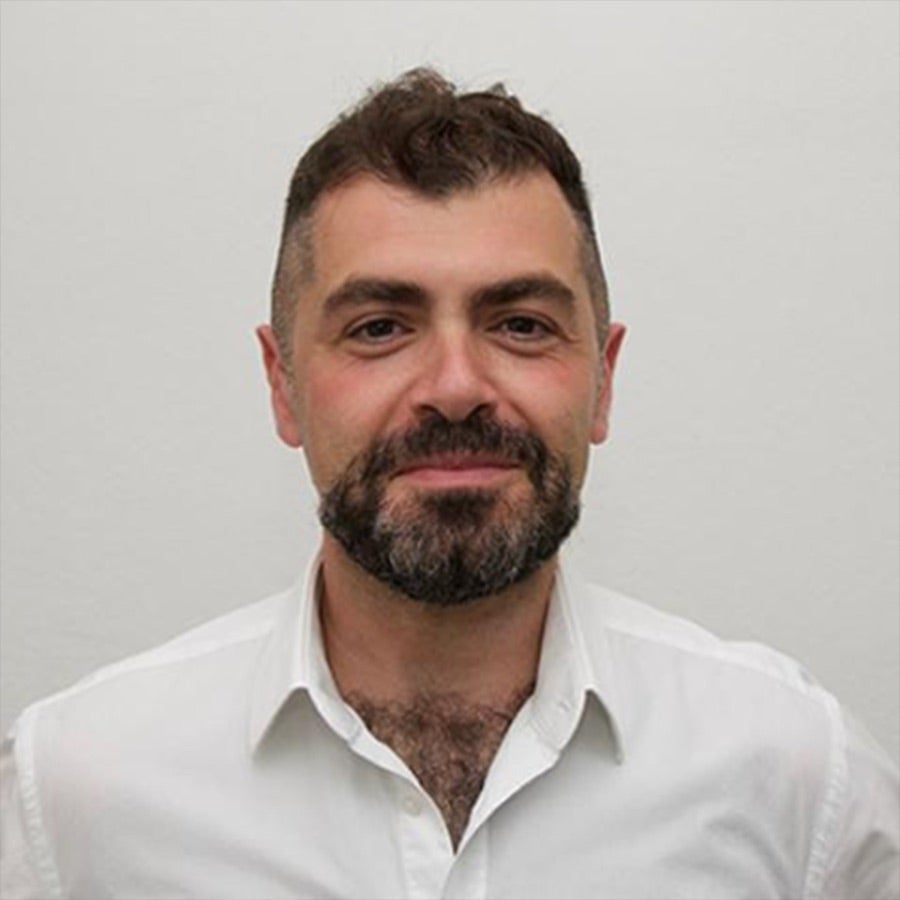
Mostafa Minawi is an associate professor of history and the director of Critical Ottoman and Post-Ottoman Studies initiative at Cornell University. He holds a Ph.D. from the Departments of History and Middle Eastern & Islamic Studies in New York University. He is the author of The Ottoman Scramble for Africa: Empire and Diplomacy in the Sahara and the Hijaz (Stanford University Press, 2016), and Losing Istanbul: Arab-Ottoman Imperialists and the End of Empire (Stanford University Press, 2022). He is the director of Critical Ottoman and Post-Ottoman Studies (CO+POS) at the Einaudi Center in Cornell. His primary research interest is Ottoman imperialism in the Sahara, the Red Sea Basin, and the Horn of Africa and the lived experience of Ottoman imperialism in the Metropole, Istanbul. He ultimately seeks to provide an understanding of different forms of imperialism in the Middle East and Northeast Africa at the turn of the 20th century.
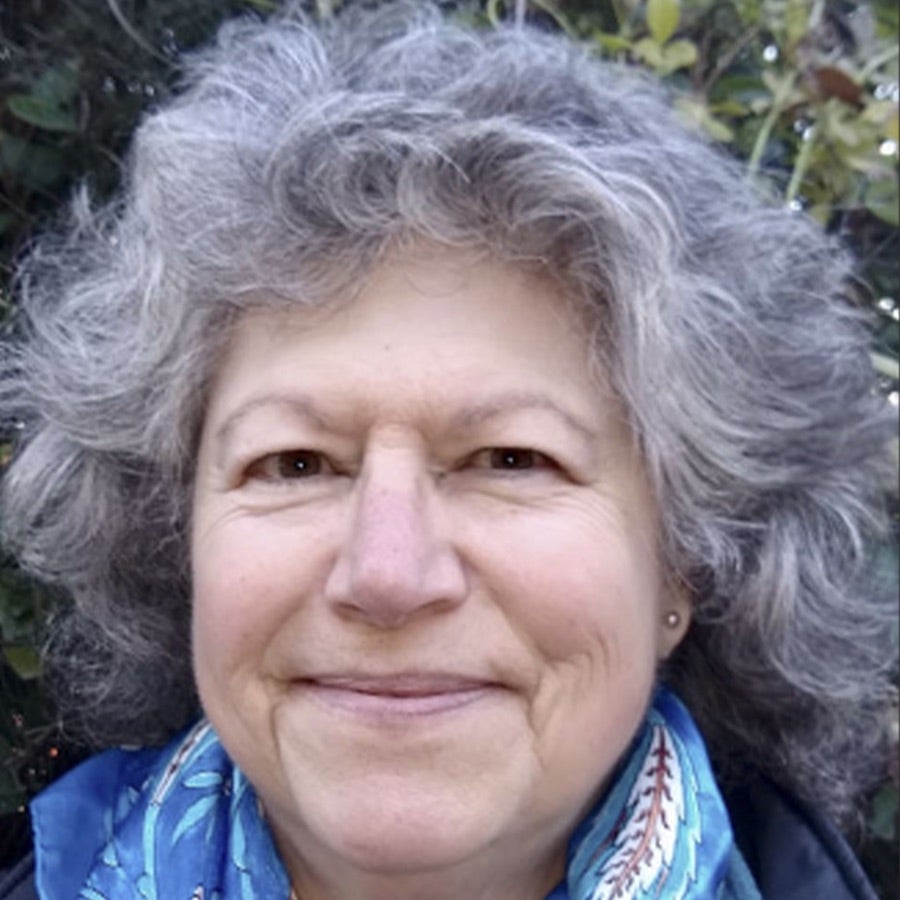
Randi Deguilhem is a professor at the National Center for Scientific Research (Centre tiol de la Recherche Scientifique), and Aix Marseille University. She holds a PhD from NYU and a habilitation from the Aix Marseille University. She has published on a variety of topics, with a particular interest on the pious foundations in modern and contemporary Syria, the intellectual life and educational systems in late Ottoman Damascus and on the French Secular Mission in Mandate Syria. Her research interests include the law and practices of waqf, including the dimension of gender, as based on fiqh and the Ottoman tribunal records. From 2006 to 2008, she co-directed the “Law of Waqf” program at Harvard Islamic Legal Studies Program in the U.S. She organized an International Research Network, a GDRI, funded by the CNRS and nine international and national partners in Tunisia, Algeria, Palestine, Lebanon/Syria/Jordan, the UAE, Malaysia and Japan. She has published and co-edited 10 books, 50 articles in international journals, over 10 book reviews and she has produced a documentary film on Syrian Women. She also created and organized several international research programs including “Intellectuals and Public Opinion in the Arab World.”
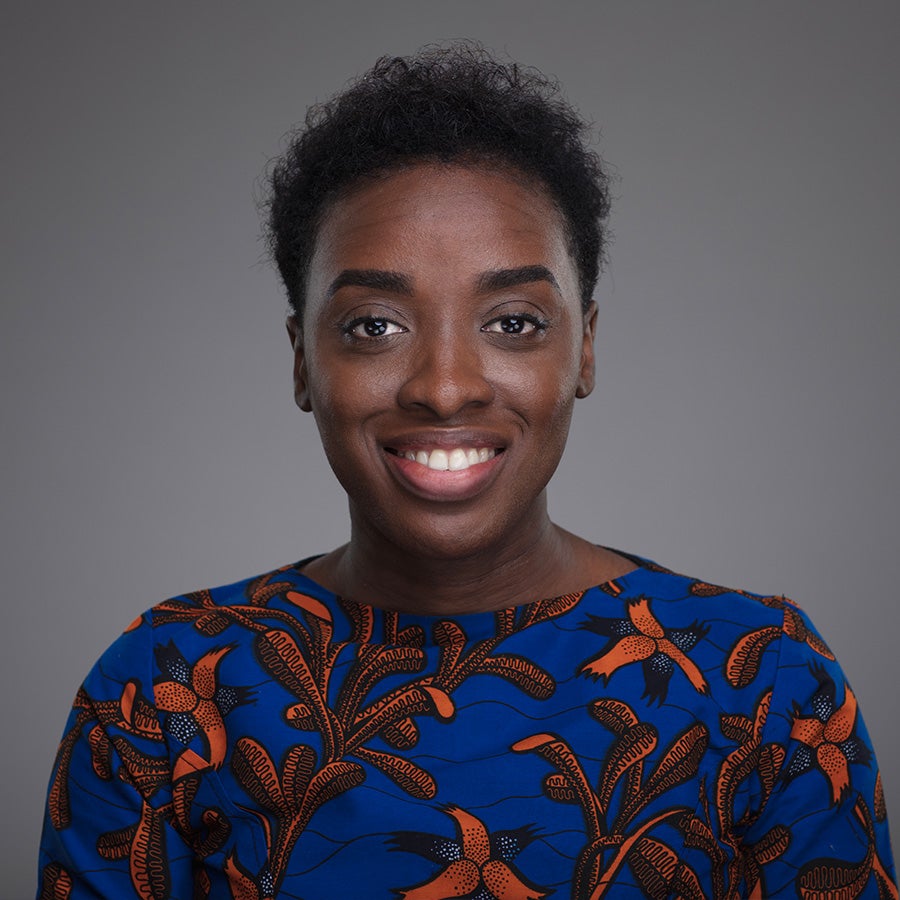
Lynda Chinenye Iroulo is a scholar of International Relations. Lynda received her Bachelor in History and International Studies and Master in History from Babcock University, Nigeria. She earned her PhD in International Relations from the Free University of Berlin, Germany, where she researched the institutional design of the African Peer Review Mechanism, a project funded by the Fritz Thyssen Foundation. Based on her PhD findings, she is currently working on a book project: Institution Building in a Multi-actor Postcolonial Region: How the African Union Navigates Diverse Demands. Her research interests are Decolonial International Relations, the design of International and Regional Organisations, African Regional Integration, and Africa in Global Politics. Before joining GU-Q, Lynda was a research fellow and is now an associate at the GIGA Institute of African Affairs, Hamburg, Germany. She worked on the project: “Sources and Consequences of Legitimation Strategies of Regional Organizations” (LegRO). She was also part of the Global Governance unit at the Berlin Social Science Center (WZB), Berlin, Germany, from 2015 to 2019. She is actively involved in policy work. She also co-founded the African Policy Initiative (API), a non-profit organization in Berlin.
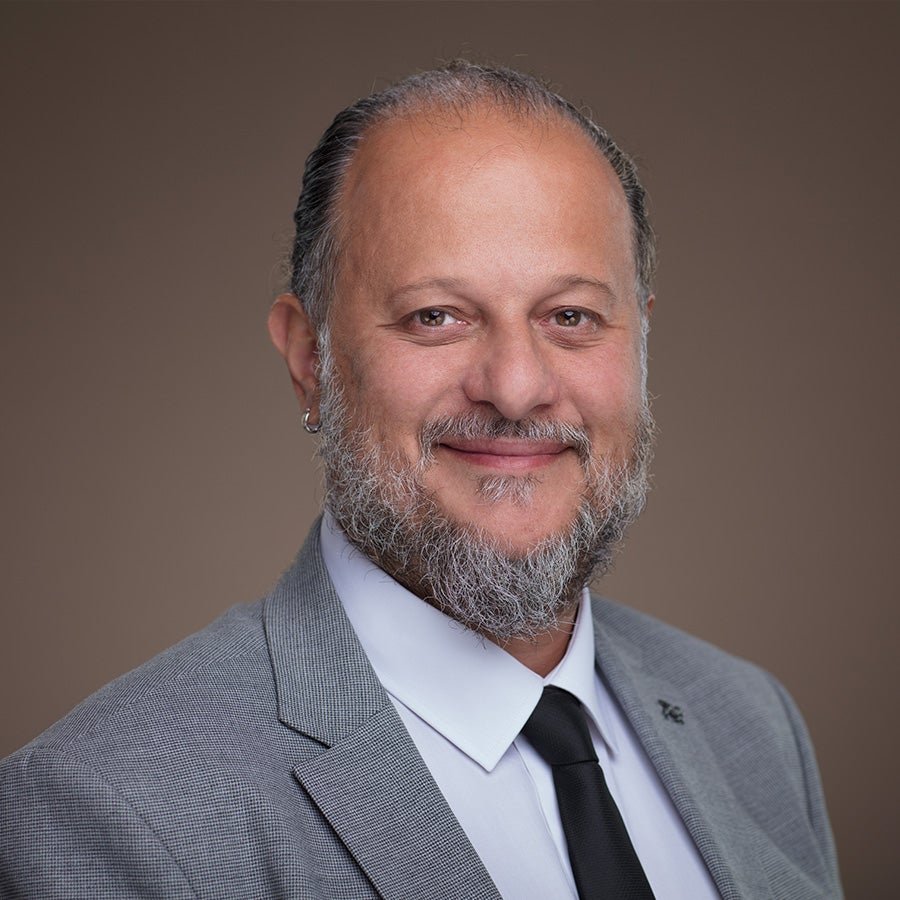
Abdul Rahman M. Chamseddine is Assistant Teaching Professor of Arabic at Georgetown University in Qatar. His research primarily focuses on the history of Arabic terminology of early Islam, particularly Quranic terms that describe religious identities. He has authored several books, including Qur’anic Identities (Arab Institute for Research and Publishing, 2023), Spoken Arabic (Dar Kunouz, 2023), The Arabic Vocab-Tionary: 2500 Essentials (Kendall Hunt, 2022), and Contemporary Islamic Reflections (Dar Nelson, 2022). His forthcoming book project, Listening to the Sacred, is expected to shed light on the oral recitation nature of the Qur’anic language. Professor Chamseddine received his B.A. in comparative religion from the Institute of Muslim-Christian Studies at Université Saint-Joseph de Beyrouth, his M.A. in history from the American University of Beirut, and his Ph.D. in Islamic Studies from Georgetown University. He was awarded the Medal of Honor for High Achievement from the Higher Institute for Islamic Studies at the Makassed University of Beirut.
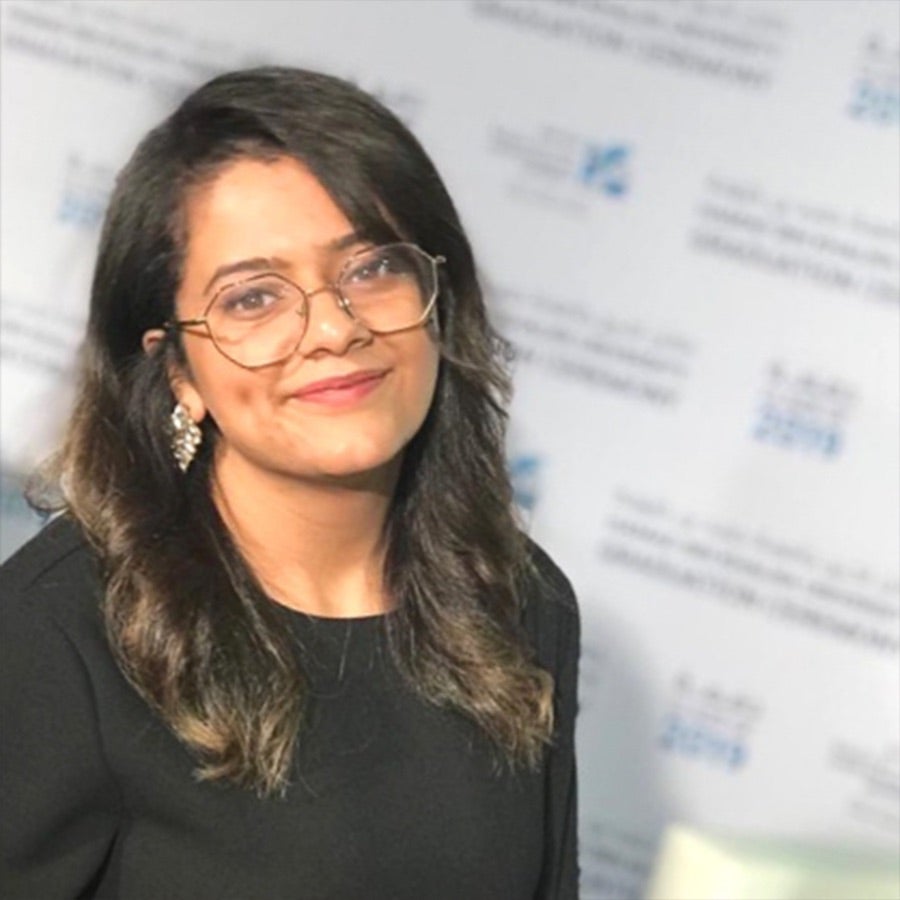
Fatima Hubail (GU-Q’15) is a teaching assistant and research assistant at Georgetown University in Qatar. She graduated from Georgetown University in Qatar in 2015 with a Bachelor of Science in Foreign Service in International Politics. Fatima wrote her honor’s thesis on whether NGOs are effective in changing labor practices in Qatar. Fatima then pursued an MA in Women, Society and Development at the College of Humanities and Social Sciences at Hamad Bin Khalifa University (HBKU). In HBKU, she supported faculty with research and teaching. For her MA thesis, Fatema explored how the unified family law in Bahrain places women at the intersection of sect, kin, and gender expectations, further legally and socially disenfranchising them. Her thesis won the College of Humanities and Social Sciences (CHSS) best thesis award in the program. Her ongoing research deals with legal codification, family laws, dystopian satire, gender violence, and dissent.

Zarqa Parvez earned her PhD from Durham University from the Department of Government and International Affairs with a focus on Gender Studies. She is currently Adjunct Assistant Professor in Government at Georgetown SFS-Q and Adjunct lecturer at Northwestern University in Qatar. Her research interests include Politics, Identity, Gender, State, Society and Development in the Gulf region. Prior to joining Georgetown, she was a lecturer in Middle Eastern Studies at Hamad Bin Khalifa University- Qatar Foundation. She is the founder of Women’s Society and Development Club at Georgetown University Qatar. She has also organized academic conferences; led independent research projects relating to development of education and youth in Qatar. She is committed to using an intersectional approach in researching, teaching and policy-making in the larger state, society dynamics and human/women’s rights issues in the Gulf region.
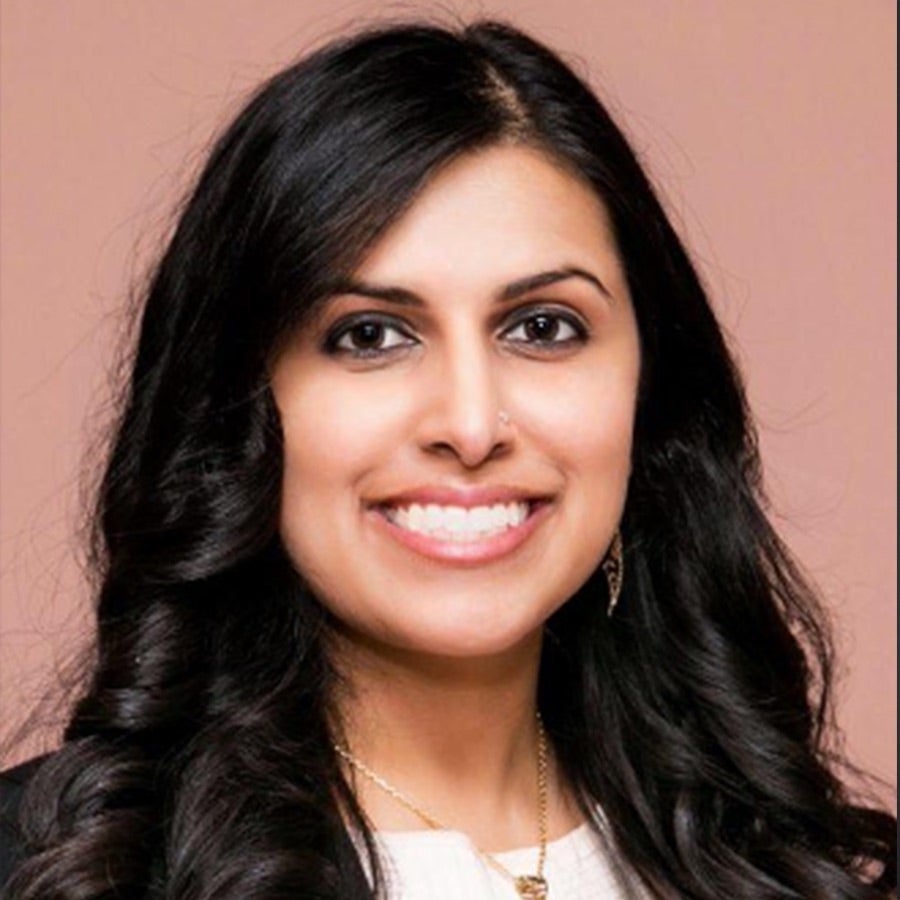
Sadaf Jaffer is Associate Research Scholar and Lecturer at Princeton University where she teaches courses on South Asian, Islamic, and Asian American Studies. She earned her bachelor’s degree in Foreign Service from Georgetown University and obtained her PhD in Near Eastern Languages and Civilizations with a secondary field in Studies of Women, Gender, and Sexuality from Harvard University. She previously served in New Jersey’s state legislature where she represented the 16th Legislative District. Her legislative priorities included laws on election integrity, transportation, reproductive healthcare, & gun safety. Her area of research focuses on secular, feminist, and activist movements in South Asian Muslim and diasporic contexts with particular attention to the arts, literature, and popular culture. She has published with the Star-Ledger, the Hill, the Journal of Women’s History, Foreign Policy Research Institute, Huffington Post, Altmuslimah, and American Kahani.
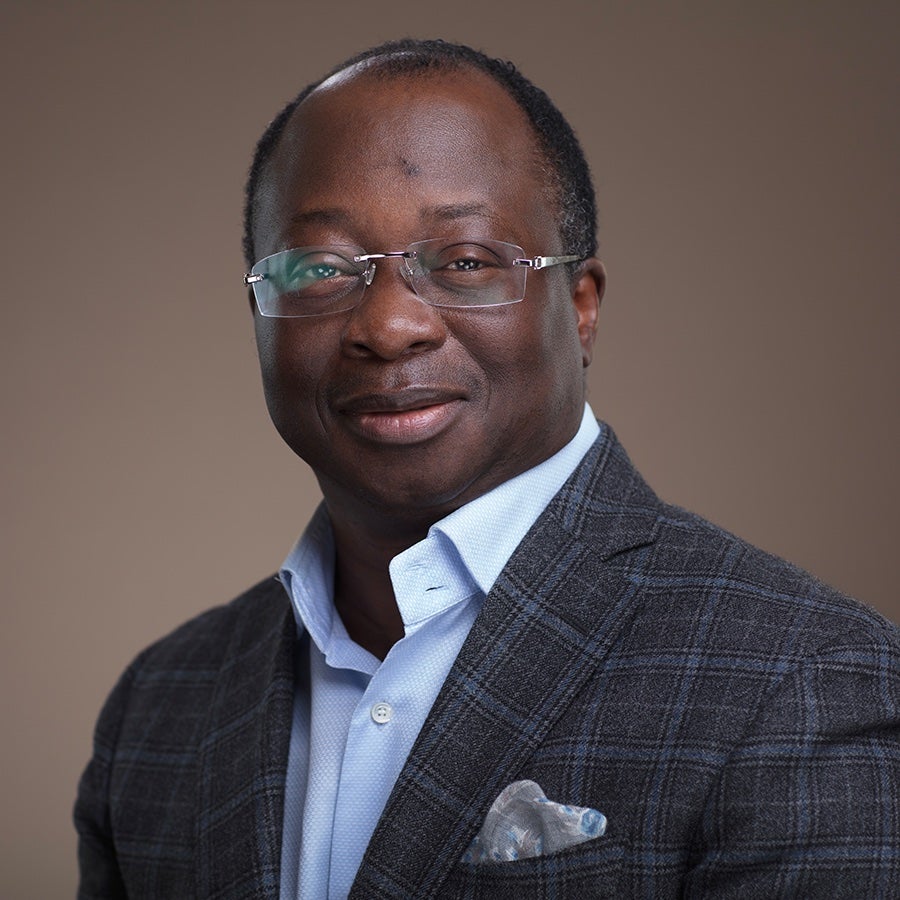
Akintunde E. Akinade is Professor of Theology at Georgetown University in Qatar. He previously served as Professor of Religion at High Point University in High Point, North Carolina. He is the author of Christian Responses to Islam in Nigeria: A Contextual Study of Ambivalent Encounters. He is the editor of A New Day: Essays on World Christianity in Honor of Lamin Sanneh and Fractured Spectrum: Perspectives on Christian-Muslim Relations in Nigeria. He has also edited special volumes for both The Muslim World and The Journal of World Christianity. He serves on the Editorial Board of The Muslim World, Journal of Religion in Africa, Studia Historiae Ecclesiasticae, Religions, The Trinity Journal of Theology, Journal of World Christianity, Journal of Inter-Religious Dialogue, Orita: Ibadan Journal of Religious Studies, and Odu: A Journal of West African Studies. Also at Georgetown, he serves on the Curricular Group on Culture and Politics, Admissions Committee, and the University Leadership Council for Diversity, Equity, Inclusion, and Racial Justice Initiatives. He is the co-chair for the African Students Association at GU-Q. He has served as an external reviewer for tenure and promotion for several universities in the US, Nigeria, Canada, India, UK, South Africa, Qatar, and Ghana. In 2015, in recognition of his commitment to interreligious engagement, the White House invited him to participate in the President’s Interfaith and Community Service campus challenge.